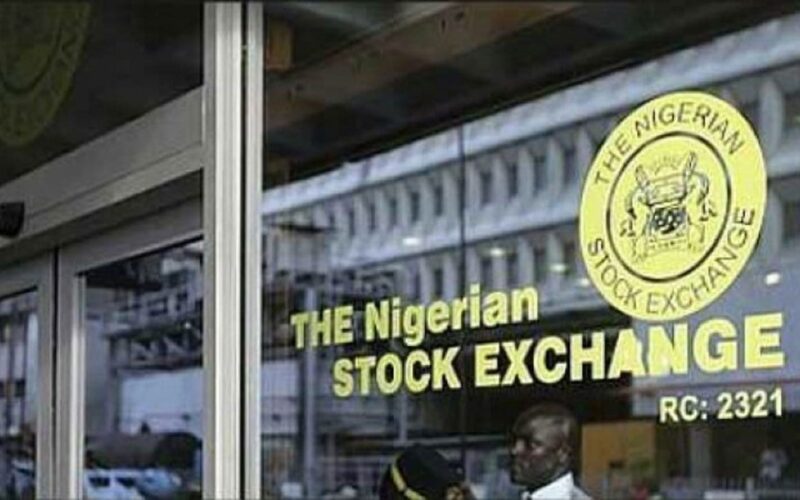Nigeria’s Bamboo has officially launched in South Africa, bringing fractional US stock investing to a market hungry for global diversification opportunities.
The Story Behind the Numbers
Since 2019, Bamboo has been on a mission to solve one of Africa’s biggest financial challenges: access to global wealth-building opportunities.
While traditional investment platforms have kept international markets out of reach for everyday Africans, Bamboo flipped the script by making US stock investing accessible through fractional shares.
The game-changer? South Africans can now start investing in Apple, Tesla, or Amazon with as little as ZAR150 (roughly $8 USD).
Why South Africa, Why Now?
This isn’t just geographic expansion — it’s strategic market entry into Africa’s most sophisticated investment landscape.
“We’re witnessing a fundamental shift in how Africans approach wealth building, and South Africa represents a critical market for financial inclusion,” said Yanmo Omorogbe, co-founder and COO at Bamboo.
The timing couldn’t be better. South African investors have long understood the importance of global diversification, but existing platforms have left them underserved.
Breaking Down the Barriers
What Bamboo solves: → High minimum investment thresholds → Complex international trading processes
→ Limited access to financial education → Currency conversion headaches
What they’re building: → Real-time access to global markets → Educational resources for new investors → Transparent, dollar-based investing → Fractional ownership of premium stocks
The Bigger Picture
This South African launch signals something bigger: the democratization of wealth-building across Africa.
As Omorogbe puts it: “South Africans are sophisticated investors who understand the importance of global diversification, but they’ve been underserved by existing platforms. Bamboo changes that narrative by making dollar-based investing accessible, educational, and transparent.”
What This Means for African Fintech
Bamboo’s expansion represents a new chapter in African financial inclusion — one where geographical boundaries don’t determine investment opportunities.
The ripple effects:
- More competition driving innovation
- Increased financial literacy across the continent
- Greater integration with global markets
- A new generation of African wealth builders
“Now is the perfect time to democratise access to the world’s most robust markets,” Omorogbe concluded.













Comments 1